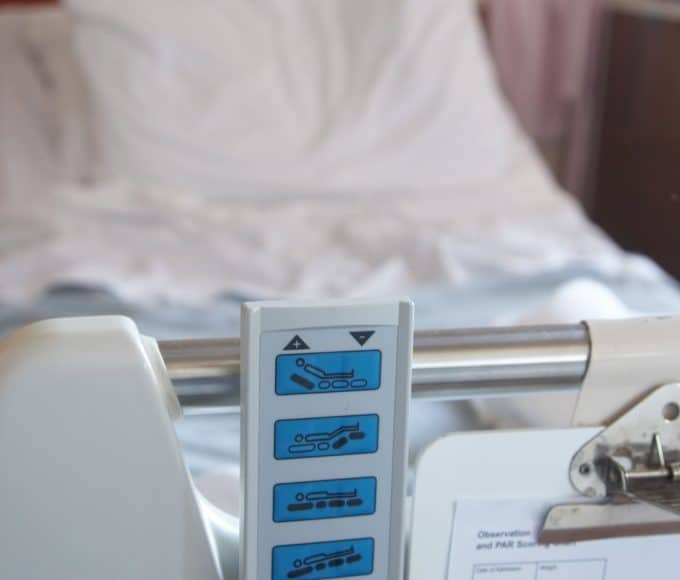Running is an excellent way to maintain a healthy lifestyle and stay in shape. While some of us prefer an indoor track or the treadmill, others love the scenery of an outdoor run. No matter where you jog, it should be a pleasurable experience. But as fun as this activity is, overextending your body or running improperly can increase your risk of injury. In this blog post, we’ll delve into common running injuries and how to prevent them.
Shin Splints
Shin splints is a general term for pain and inflammation in the shins. This injury can occur due to overuse, improper foot support, or running on too hard of a surface. However, you may also suffer from shin splints if you go from short-distance jogs to long runs without gradually building your stamina. The pain can range from dull and achy to sharp and intense along the fronts or sides of your shin whenever you run.
Wearing shoes with proper arch support helps prevent shin splints. You should also stretch before and after running to keep your muscles flexible and to prevent lactic acid from building up.
IT Band Syndrome
The iliotibial (IT) band is an area of tissue that runs from your hip to your knee and helps stabilize your leg during movement. IT band syndrome typically presents as pain outside the knee or along the sides of your quads. Often, this injury occurs due to running on uneven surfaces, overtraining, or muscle imbalances.
The good news is you can avoid IT band syndrome by doing resistance workouts to build strength in your hip and glute muscles. Increasing your strength also helps you maintain proper running form.
Plantar Fasciitis
A runner may experience plantar fasciitis when they overexert, which can inflame the tissue running from the heel to the toes. Many experiencing this injury describe it as a sharp, stabbing pain when getting out of bed, standing for long periods, or walking around. Overuse of the feet, improper shoes, or tight calf muscles can all contribute to plantar fasciitis.
A runner may experience plantar fasciitis when they overexert, which can inflame the tissue running from the heel to the toes. Continuing workouts despite the pain can worsen the injury, cause pain in other areas, and force a long-term break from running. To prevent this injury, stretch your calf muscles regularly, wear shoes with proper arch support, and avoid running on hard surfaces.
Knee Injury
Finally, knee injuries can manifest in various forms, but one of the most common is patellofemoral pain syndrome (PFPS), also known as runner’s knee. Often, this feels like an achy pain around or behind the kneecap. Specific exercises such as running on an incline or downhill may intensify the discomfort.
Preventing Injury
There are a variety of common running injuries, and a key tip on how to prevent them are to listen to your body, build muscle strength, and stretch. Whether you experience dull or sharp pain in specific areas, take a break from exercise; visit your doctor if the discomfort persists for a few days. By taking time off workouts at the onset of pain, you’ll heal more quickly and get back to doing what you love.















